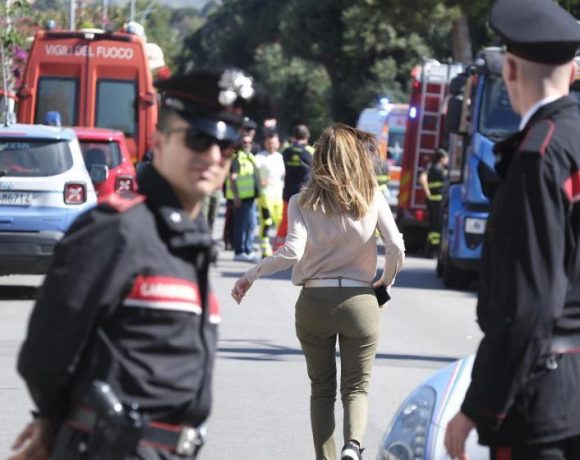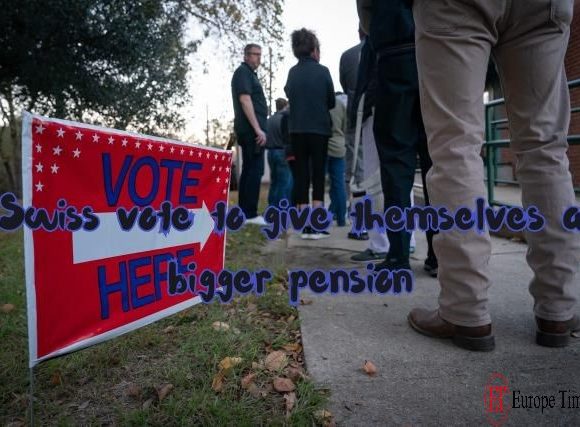
Five workers tragically lost their lives in an accident at a sewage treatment plant near Palermo in Sicily. Another worker was found unconscious and rushed to the hospital. This incident adds to a concerning trend of workplace fatalities across Italy, sparking outrage among workers and trade unions.
The workers were discovered unconscious and without masks, raising serious questions about safety protocols at the Casteldaccia facility. It’s believed they succumbed to toxic gas poisoning, with one worker narrowly escaping to raise the alarm.
Giovanni D’Aleo, one of the workers, recounted hearing his colleagues’ cries for help but being unable to save them. The men were working in an underground tank accessible only by a small hatch at street level. The toxic gas concentration at the time of the accident was reportedly ten times higher than the danger limit.
Firefighters arrived at the scene to find seven workers inside. They retrieved the bodies of the deceased and rescued one worker in critical condition, while another was found unharmed.
As of now, there has been no official statement from AMAP, the regional group responsible for wastewater treatment in the area.
This tragedy comes shortly after an explosion at a hydroelectric plant near Bologna claimed the lives of seven workers during maintenance work.
Italian Prime Minister Giorgia Meloni emphasized the need for a thorough investigation into the incident, while President Sergio Mattarella stressed the importance of clarity regarding the accident’s circumstances. The incident underscores the urgent necessity for a collective effort among all stakeholders—entrepreneurs, institutions, and society—to ensure workplace safety.
Picture Courtesy: Google/images are subject to copyright

